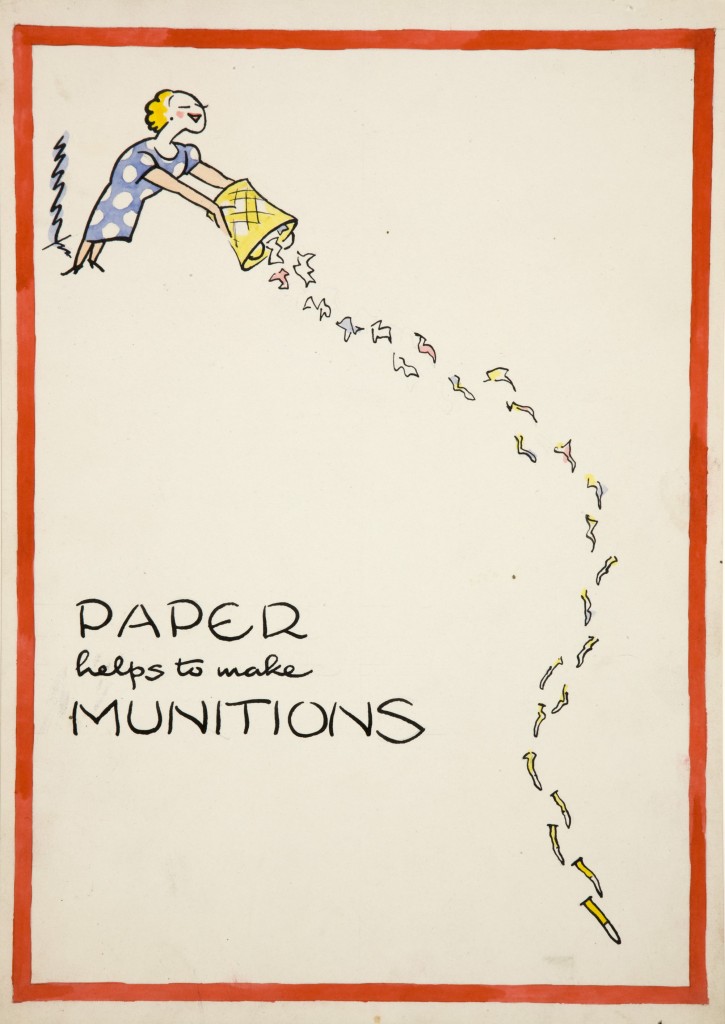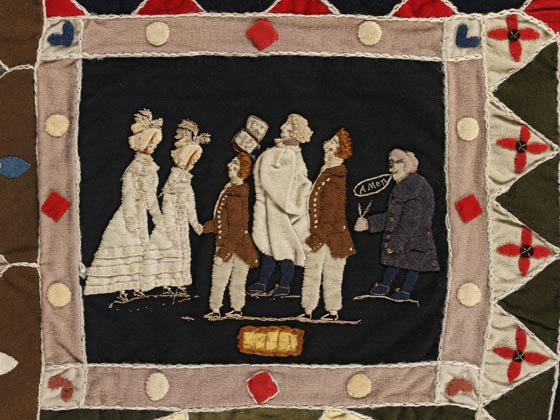
I feel so grateful to have a blog. Because I can share stories like this one with more than three people.
If you’ve been reading the past few days, you know I was in Chicago several days over the past week to perform poetry and teach writing workshops in a number of schools. I’m home in DC now, where it is about six degrees warmer. I have named each of those six degrees because I cherish them like I might my very own children.
One of the schools I visited is an affluent one. Real affluent.The parents who send their kids to the school are affluent, the neighborhoods these families live in are affluent neighborhoods, and the school, which is private, is therefore well-heeled by default. It’s breathtaking to see. The student body — remarkably diverse, I’ll note — has in-school yoga classes, an organic lunch program, and all kinds of autonomy in their day, as far as I could tell. On the walls of one hallway, I checked out the art on the walls: there was a sign that said, “All these pictures were made by code!” Meaning that the kids are coding, for one thing, and through their coding are creating fractals on paper. When I was their age, I think we melted crayons between wax paper. And I thought that was great.
There were cups of grapes on trays for the kids in case they needed a snack en route from like, Spanish XVI and microbiology. Did I mention this is a middle school? I have to make sure I say that the students are delightful. They’re engaged, polite, and 100-watt bright, every last one. I’ve been the school many times and it’s a joy, but it’s also disorienting.
For example:
At the beginning of my workshops, the teacher in the room will pass out sticky-back name tags so that I can call on the kids by name. Miss Tully (not her real name) was handing them out when a concerned-looking young man raised his hand.
“Miss Tully?” he said.
“Yes, Nick?”
“I can’t put this name tag on my sweater. This is cashmere.”
I had been looking down at my lesson plan, but upon hearing this my head snapped up. “This is cashmere”? Did that ten-year-old boy just say that he couldn’t put a name tag on his sweater because it’s cashmere? My eyes were big as dinner plates. And the kid was not being a jerk. He’s ten. He was worried his cashmere sweater would get jacked up if he put on his name tag. He’s just doing him.
One planet, many worlds.

![[Photo credit forthcoming.]](https://www.papergirltoo.com/wp-content/uploads/2015/02/IMG_2179-e1424749770956.jpg)






















